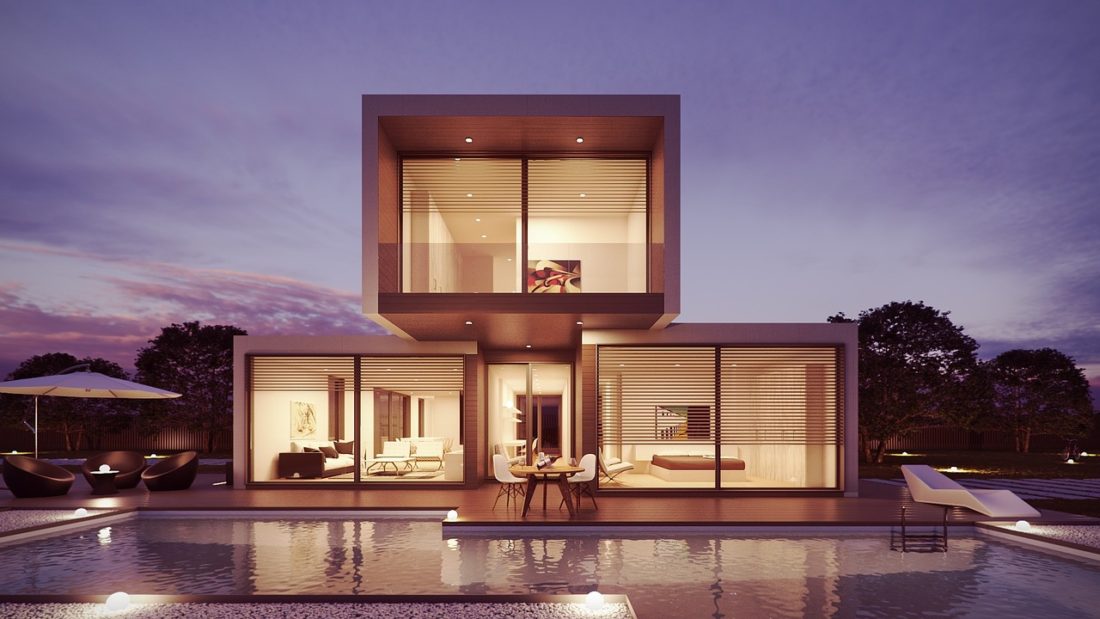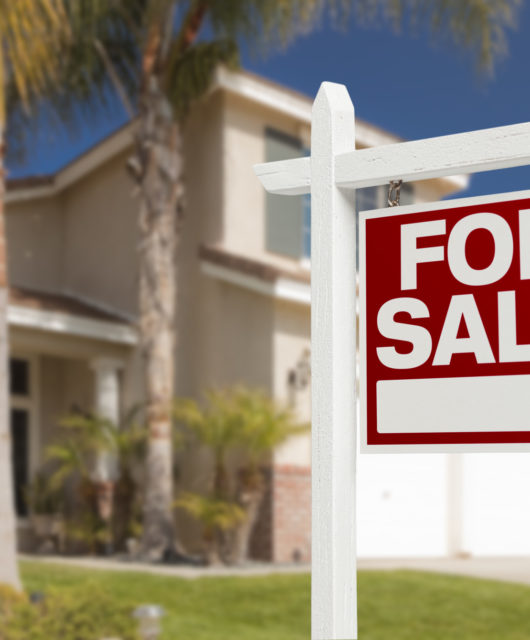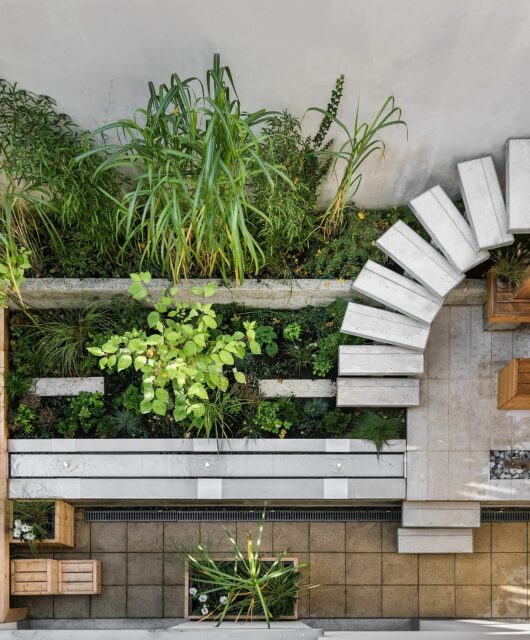How to Make your Home More Energy Efficient And Save Money in the Process

If you’re looking for a way to lead a more energy efficient lifestyle, it all starts and ends with your home. The decisions you make here will have a significant impact on your overall carbon footprint. And if you’re smart about things, you can save a little money along the way.
5 Ways You Can Start Saving
Energy efficiency and cost savings go hand in hand. And when you begin viewing your responsibilities as a homeowner through the lens of reducing energy consumption, countless opportunities emerge. Here are some simple ways you can make progress:
- Improve Insulation
According to EnergyStar.gov, 9 out of 10 homes in the United States are under-insulated. This means your home has small air leaks in outer walls, doors, windows, and other openings that waste energy and increase your utility costs. Poor insulation also causes uneven temperature distribution throughout the home, which leads to thermostat battles among the people living in your house. Adding the correct insulation in the right places will fix all of these issues.
“In addition, insulation can help with better moisture control, which can reduce floor squeaks, drywall cracks, structure damage and condensation,” Warren Roofing writes. “Many older homes have less insulation than homes built today, but even adding insulation to a newer home can pay for itself within a few years.”
- Use Energy Efficient Appliances
Your home’s appliances – and kitchen appliances in particular – have a noticeable impact on the efficiency of your home. The refrigerator, for example, is an energy hog. The door should be kept closed as often as possible and it’s wise to check for leaks around the door gasket periodically. Furthermore, make sure the temperature is set to 35-38 degrees, while the freezer is set at 0 degrees.
If your appliances are getting old and you’re thinking about replacing them, go with Energy Star appliances. The efficiency of these newer models can save you a considerable amount of energy each year.
- Heat and Cool With Purpose
Did you know that as much as half of the energy used in your home goes toward heating and cooling? If you’re relying on your HVAC system to handle all of the heating and cooling responsibilities, you’re wasting energy and missing out on opportunities to save.
Creativity is your friend. Try supplemental strategies to take some of the onus off your AC units and furnaces. Ceiling fans can be used during both the summer and winter to provide even distribution of air. Programmable thermostats are ideal for only running the HVAC system when it’s absolutely necessary. Proper window treatments can control lighting and provide additional insulation when needed. There are plenty of options!
- Be Smart About Landscaping
“If your house is older, with relatively poor insulation and windows, good landscaping (particularly deciduous trees) can save energy, especially if planted on the house’s west side,” Green Home Guide explains. “In summer, the foliage blocks infrared radiation that would warm the house, while in winter the bare branches let this radiation come through.”
Something as simple as planting the right trees in the right location can save you thousands of dollars in heating and cooling costs over the years. In the future, should you ever build a new house, be strategic about home positioning and lot orientation so that you can maximize/minimize the path of the sun for optimal temperature control.
- Replace Incandescent Bulbs
With traditional incandescent bulbs, 90 percent of the energy is given off as heat. If you want more of this energy to go toward actually lighting up your home, switch to LED, halogen incandescent, or compact fluorescent lamp (CFL) bulbs. In fact, you can save $45 per year simply by switching out your home’s five most frequently used light bulbs with new energy efficient models.
Become a Conscientious Homeowner
Owning a home is a big responsibility. Not only do you have the duty to care for your home in a way that maximizes your monthly budget and protects your investment, but you also have to think about the larger context. How you manage your house and how you address simple things like energy efficiency have a direct impact on the immediate neighborhood and your local community.
By thoughtfully addressing issues like these, you can have a positive influence on the environment and lower your expenses along the way.









